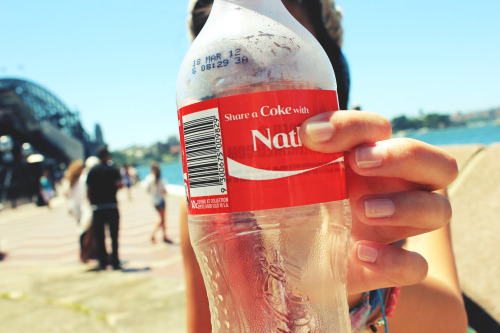In her blog “Mr. Beckham, you have my attention!” Nadia acknowledges how often celebrities are featured in marketing campaigns. Nadia makes a valid point when stating “celebrity endorsement alone cannot compensate for a weak brand,” and that celebrities chosen for endorsement must possess a relevant link to the product they are promoting.
However, I can’t help but notice that certain celebrity endorsed campaigns lack this sort of “relevance.”
For instance, I say “teriyaki burger,” you think….Audrina Patridge’s bikini body? No? Well Carl’s Jr. would be disappointed. The company attempts to create this link through featuring the reality TV star Audrina Patridge, in their burger campaign.
( Watch the commercial here!)
First and foremost, lets take a moment to thank Carl’s Jr. for the good chuckle.
I know that when I pig out, and eat a juicy burger, I’m typically hunched over a plastic table, with sauce smeared apologetically on my face; during such deliciously indulgent moments, I generally don’t consider myself in prep mode for bikini season.
Nevertheless, I understand Carl’s Jr. is using Audrina, because they deem her to be an associative reference figure for their target consumers. Carl’s Jr. wants its burger to appeal to the self-concept of young adults, to whom sustaining a fit and attractive image is important to. Additionally, I believe, Carl’s Jr. hoped Audrina’s percieved attractiveness would positively influence customers to purchase the burger.
However, I believe that the commercial takes the focus off their burger, and showcases the ridiculousness of using a celebrity to promote a product, solely on the basis of their celebrity status. Even though the commercial is highly amusing, I think that the celebrity endorsement lacks relevance, and reflects a cheap marketing ploy to increase sales and boost media attention.
My feelings toward this ad demonstrate the issue of marketing messages being incredibly subjective. How consumers perceive marketing messages will vary, and depend heavily upon their individual perceptions and attitudes. Who knows, another viewer many have raced straight to Carl’s Jr., to either resemble, or pick up an “Audrina.”




